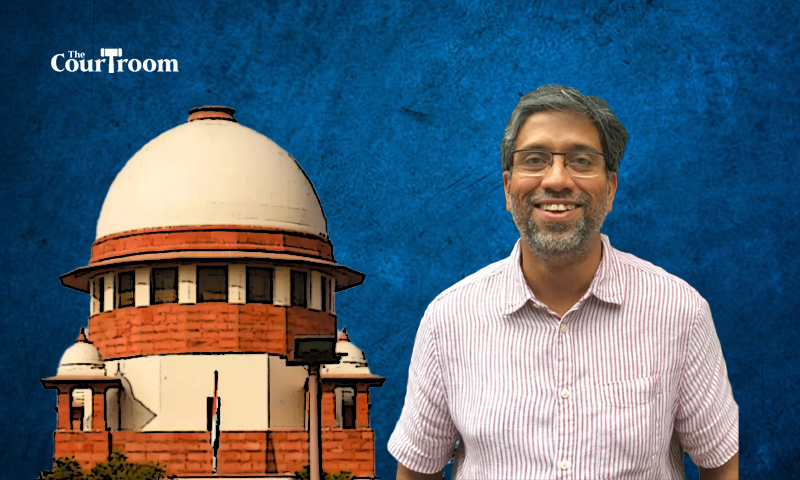Bhima Koregaon: Hany Babu Pulls Back Bail Plea Amid Shifting Circumstances
Today, Professor Hany Babu, one of the defendants in the 2018 Bhima Koregaon violence case, decided to withdraw his bail application from the Supreme Court. He cited changed circumstances as the reason for his decision [Case: Hany Babu vs National Investigation Agency and anr].
Scheduled to be heard by a Bench comprising Justices Bela M Trivedi and Pankaj Mithal, Babu’s legal representative informed the Court of the withdrawal of the bail plea.
Babu’s counsel indicated their intention to file a fresh bail plea in the High Court.
Consequently, the Court granted permission for the withdrawal of the bail petition.
Earlier, Umar Khalid, a defendant in the Delhi riots case, also withdrew a bail petition before the same Bench of the apex court, citing a similar change in circumstances.
Professor Hany Babu was arrested in July 2020 on allegations of affiliation with the Communist Party of India (Maoist) and involvement in a conspiracy to target Prime Minister Narendra Modi.
The Bombay High Court dismissed his bail plea in September 2023, prompting an appeal to the Supreme Court.
In January this year, the Supreme Court sought a response from the National Investigation Agency (NIA) regarding the regular bail plea filed by the Delhi University professor.
Babu had previously argued before the High Court that the letters cited by the NIA to implicate him in the Bhima Koregaon case did not implicate him.
The NIA contended that a letter discovered on Babu’s computer mentioned a conspiracy against Prime Minister Modi.
However, Babu maintained that he neither wrote nor received the letter. He further stated that the letter did not implicate him in any conspiracy.
Additionally, he argued that the trial in the case had yet to commence and would require time to conclude, as the NIA planned to examine over 200 witnesses and present more than 30,000 pages of evidence.
However, the High Court observed that the alleged offenses were grave and that the evidence indicated that Babu “was skilled in establishing appointments and developing code structures crucial for clandestine communication.”
Consequently, the High Court rejected his bail plea, while also remarking that Babu appeared to be involved in “mass mobilization, party building, and analysis of cities within the larger objectives of the CPI (Maoist), a terrorist organization.”
This resulted in the appeal before the Supreme Court, which has now been withdrawn.
Share your news, articles, deals, columns, or press releases with us! Click the link to submit and join our platform today.


